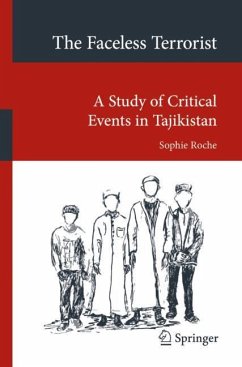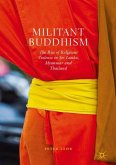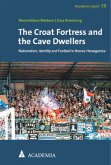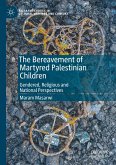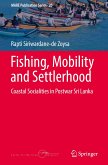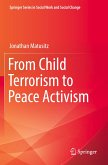How could a person portrayed as a terrorist by the Tajik state also be seen as a mujahid fighter in Islam and be a cousin all at the same time? Is this just a matter of perspective and conceptualization? To believe in the protection of concepts to safeguard groups and individuals from the uncertain character of the world, is to deny the existence of chance and the contradictions in life. This book uses approaches from existential anthropology to enquire into the question of how concepts and experiences relate. The focus is on the way the notions jihad, mujahid and terrorism were used during a military intervention in Tajikistan in 2010. The book includes long-term ethnographic material, popular pamphlets on Islam and an internet analysis of the conflict, offering new insights into how concepts and experiences relate. Since the end of the Soviet Union, the people from the republic Tajikistan have struggled to find a place in the larger Muslim world, a painful process unfoldingin relation to global events, discourses and politics. The primary readership for the book will come from academia and policy makers.
The book presents novel material on a fascinating and highly important topic, the nature of ostensibly Islamist political violence against the state in Tajikistan.
John Heathershaw
The book presents novel material on a fascinating and highly important topic, the nature of ostensibly Islamist political violence against the state in Tajikistan.
John Heathershaw

